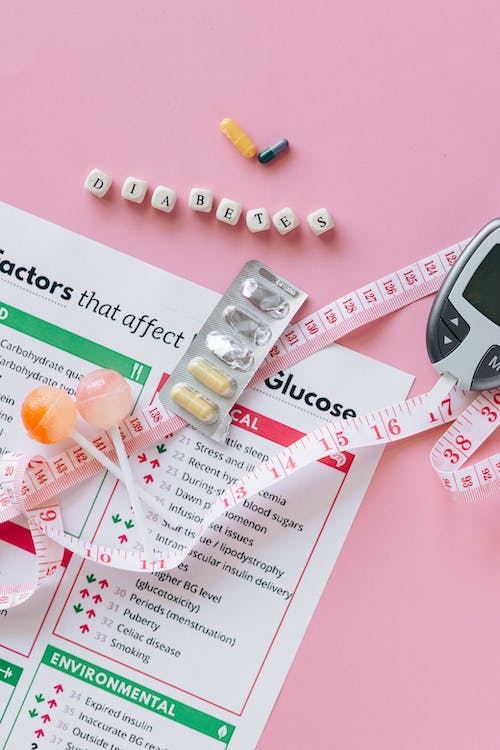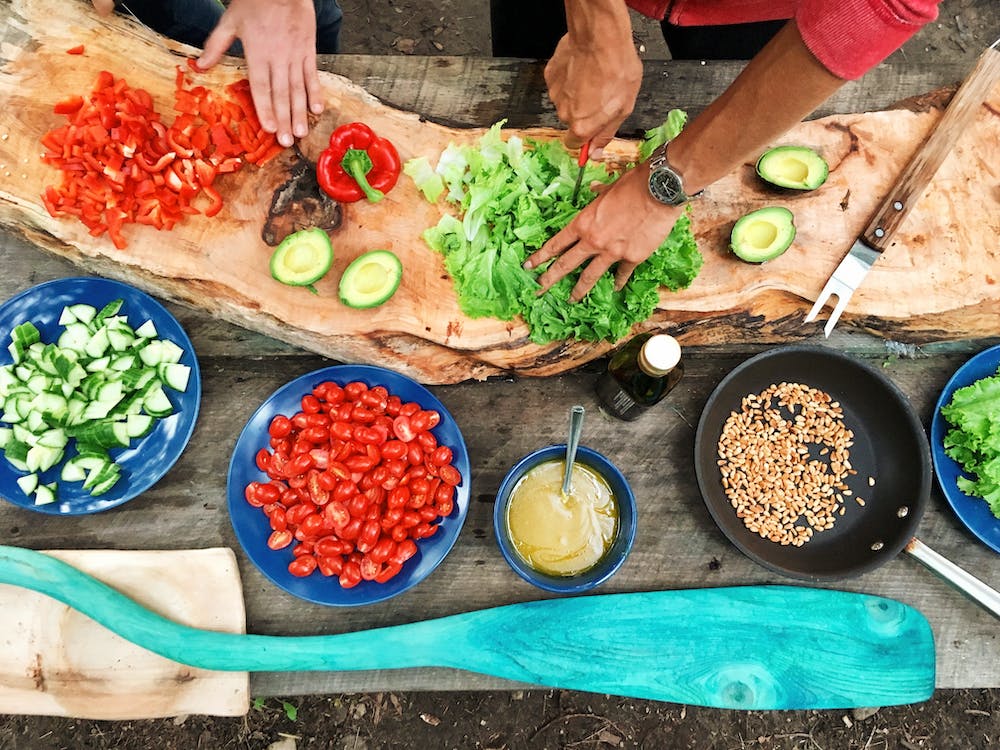At first, a diabetes diagnosis may feel like the end of the world for most. However, with time you will learn how to live well with the condition. You will learn what spikes your sugar levels and how to return them to your target range.
It is essential to find support and education to help improve your quality of life when you have diabetes. Learning to manage diabetes also helps delay or prevent complications associated with the condition, such as kidney and heart problems. Here is a guide to help you lead a quality life after you have been diagnosed with diabetes.
Be Physically Active
 Physical activity is one of the best tools to help you manage and control diabetes; the best part is that it’s free. You need to find ways to break a sweat regularly and also find ways to remain active throughout the day, like climbing up the stairs or walking. You can even work out with a friend. After all, you are likelier to stick to working out that way because you may not want to disappoint them.
Physical activity is one of the best tools to help you manage and control diabetes; the best part is that it’s free. You need to find ways to break a sweat regularly and also find ways to remain active throughout the day, like climbing up the stairs or walking. You can even work out with a friend. After all, you are likelier to stick to working out that way because you may not want to disappoint them.
Use an activity tracker such as a pedometer to keep you motivated to maintain physical activity throughout the day. There are many workout videos available online that you can take advantage of to help you manage diabetes better.
Eat A Balanced Diet
Food plays a massive role in regulating your blood sugar levels. Take time to prepare your meals rather than ordering in. You can look up budget-friendly simple recipes available online. Most of these recipes are so good you might never want to buy cooked food again.
Have a food journal where you write down or take photos of your snacks and meals to track your food habits and keep you aware of what you eat. Add loads of veggies to your meals. Avoid ‘diabetic’ foods. They are often more expensive than regular food and do not taste that well.
Have the same food your family has as long as it’s healthy. Switch read meat with lentils and beans, which are tastier and cheaper. In summary, when you have diabetes, you can enjoy regular food; however, you must ensure that the food is well-balanced and caters to all your nutritional needs.
Manage Your Stress Better
Stress is a huge risk factor for diabetes. You can try yoga or meditation to relax and slow down your thoughts to manage stress. There are many free videos online to help you get started. You can also walk to help you unwind when you feel overwhelmed. If you want to talk it out, you can call a friend and plan to meet up.
Start New Habits
 Building healthy habits takes time. Start small; having little successes will make it much easier for you to achieve your bigger goals. Make your goals more specific. For example, instead of saying, ‘I will get in shape,’ say, I will take 30 minutes to walk every day.
Building healthy habits takes time. Start small; having little successes will make it much easier for you to achieve your bigger goals. Make your goals more specific. For example, instead of saying, ‘I will get in shape,’ say, I will take 30 minutes to walk every day.
Make it easier for you to make better health choices. For instance, stick to one or two breakfast options and carry lunch to work rather than having to buy.
Be Open To Learning
Diabetes management is a lifelong journey, and you must keep educating yourself. You will keep learning through your regular checkups with your doctor or when a new health problem or life event affects how you care for yourself. You can ask your doctor to recommend a diabetes educator to help you through the learning process to help you live a more fulfilled life.
Take Your Medication
After a diabetes diagnosis, taking your medication as your physician prescribes is essential. Do not alter or skip your dosage even if you feel like you have the condition under control.
Always Be Prepared For Emergencies
Always has a source of glucose in the form of a sugary drink or glucose tablet if you experience low blood sugar episodes. Wearing a medical ID bracelet is also essential to alert other people in an emergency.
Are you looking for ways to monitor and manage type 2 diabetes? Visit Columbia Medical Continuous Glucose Monitoring Systems (CGMS). We are experts in continuous glucose monitoring devices to help you manage Type 1 and Type 2 diabetes with no finger sticks! We will help you devise the perfect plan to manage your condition to improve your quality of life.






 We are experts in Continuous Glucose Monitoring Systems (CGMS). Our CGM devices will help you efficiently manage Type 1 and Type 2 diabetes with No Fingersticks!. Abbot’s Freestyle Libre System will track the glucose levels in your blood and help you determine how much insulin you will need and when you will need it!
We are experts in Continuous Glucose Monitoring Systems (CGMS). Our CGM devices will help you efficiently manage Type 1 and Type 2 diabetes with No Fingersticks!. Abbot’s Freestyle Libre System will track the glucose levels in your blood and help you determine how much insulin you will need and when you will need it!